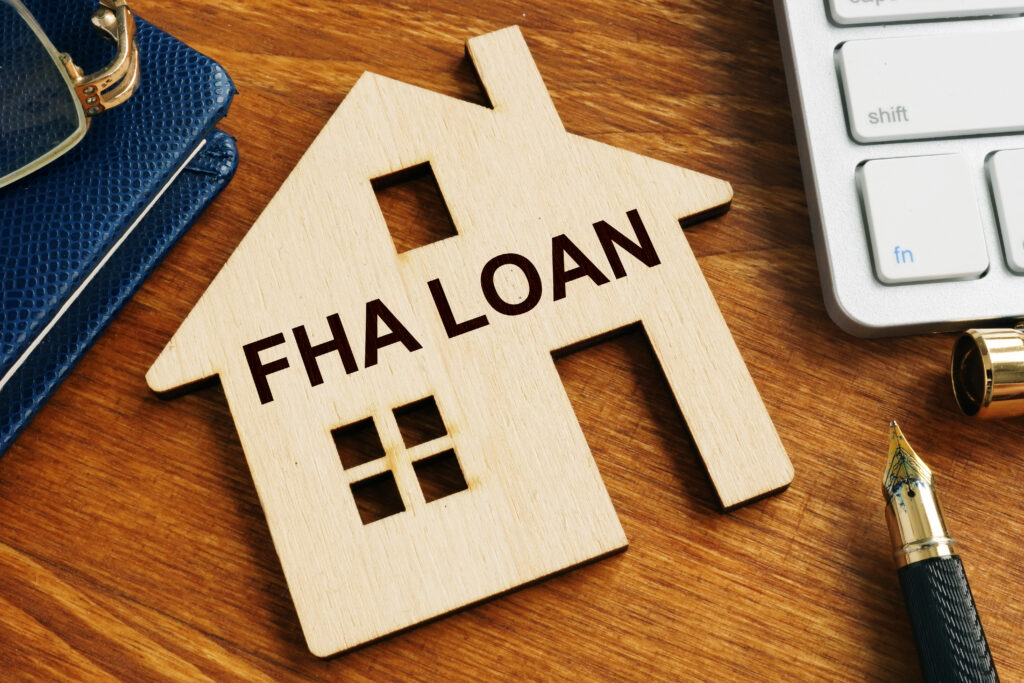
An FHA (Federal Housing Administration) mortgage is a type of government-backed home loan designed to make homeownership more accessible, especially for first-time homebuyers and those with lower credit scores or smaller down payments. Here’s a brief description of FHA mortgages:
1. **Government-Backed:** FHA mortgages are insured by the Federal Housing Administration, a part of the U.S. Department of Housing and Urban Development (HUD). This insurance protects lenders in case borrowers default on their loans, making lenders more willing to offer loans to borrowers with riskier profiles.
2. **Lower Down Payment:** One of the key features of FHA mortgages is the lower down payment requirement. Borrowers can typically qualify with a down payment as low as 3.5% of the home’s purchase price. This is significantly lower than the down payment required for many conventional loans.
3. **Credit Score Flexibility:** FHA loans are often more forgiving of lower credit scores compared to conventional mortgages. Borrowers with credit scores below 620 may still qualify for an FHA loan, although higher credit scores can result in better terms.
4. **Fixed or Adjustable Rates:** FHA mortgages can be either fixed-rate or adjustable-rate, providing borrowers with some flexibility in choosing their preferred interest rate structure.
5. **Mortgage Insurance:** FHA loans require borrowers to pay both an upfront mortgage insurance premium (UFMIP) and an annual mortgage insurance premium (MIP). The MIP is typically paid monthly and provides insurance coverage to the lender. The upfront premium can be financed into the loan amount.
6. **Loan Limits:** FHA loans have maximum loan limits set by HUD, which vary by location. These limits are designed to account for regional differences in home prices.
7. **Property Requirements:** FHA loans require that the property being purchased meets certain safety and quality standards. The property must also serve as the borrower’s primary residence.
8. **Assumable Loans:** FHA loans are assumable, meaning that if a homeowner sells the property, the buyer can take over the existing FHA mortgage, potentially at the existing interest rate.
9. **First-Time Homebuyer Friendly:** While FHA loans are available to all eligible borrowers, they are often chosen by first-time homebuyers due to their lower down payment requirements and more flexible credit criteria.
10. **Refinancing Options:** FHA borrowers can also refinance their existing FHA loans through various FHA refinancing programs, such as the FHA Streamline Refinance, which is designed to simplify the process.
FHA mortgages are a popular choice for borrowers who may not qualify for conventional loans due to lower credit scores or smaller down payments. However, it’s essential to understand the costs associated with FHA mortgage insurance and how they impact the overall cost of homeownership. Borrowers interested in FHA loans should work with FHA-approved lenders who can guide them through the application and approval process.